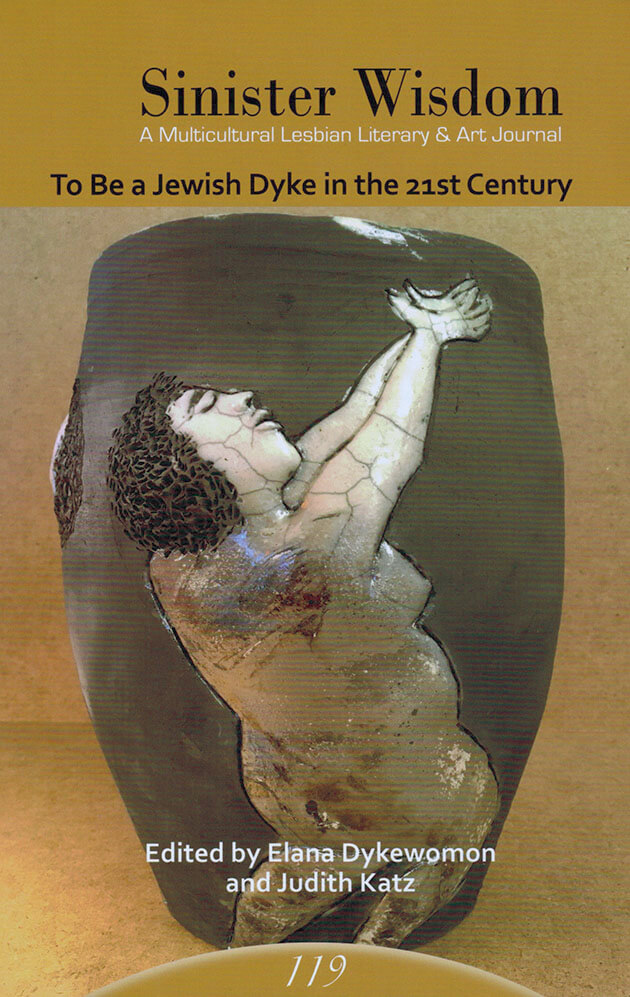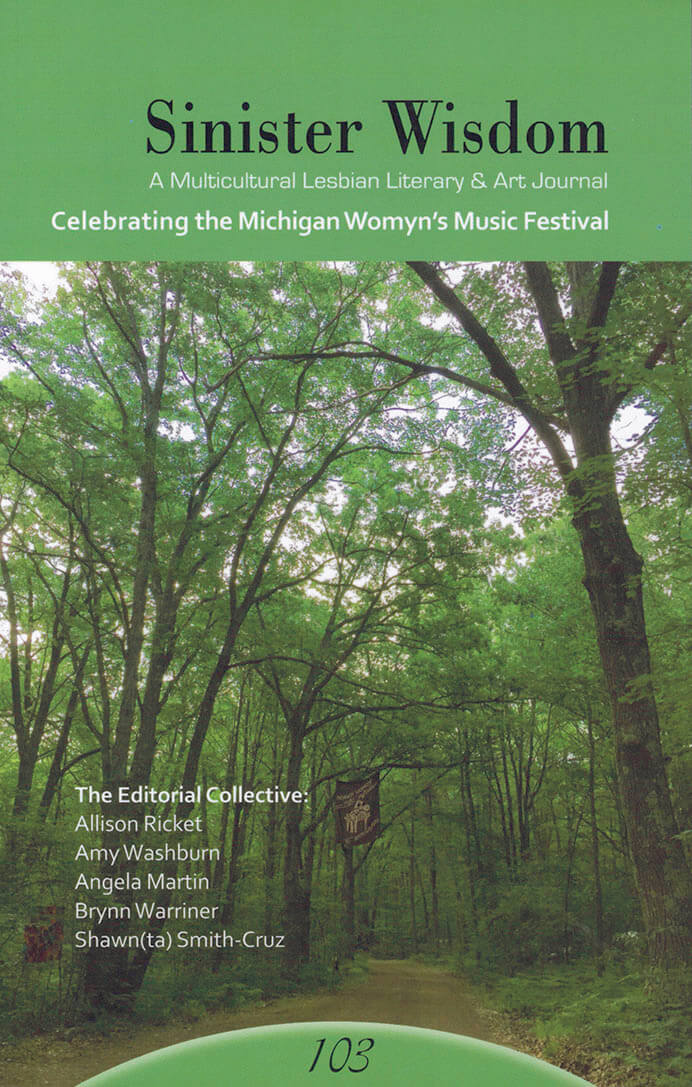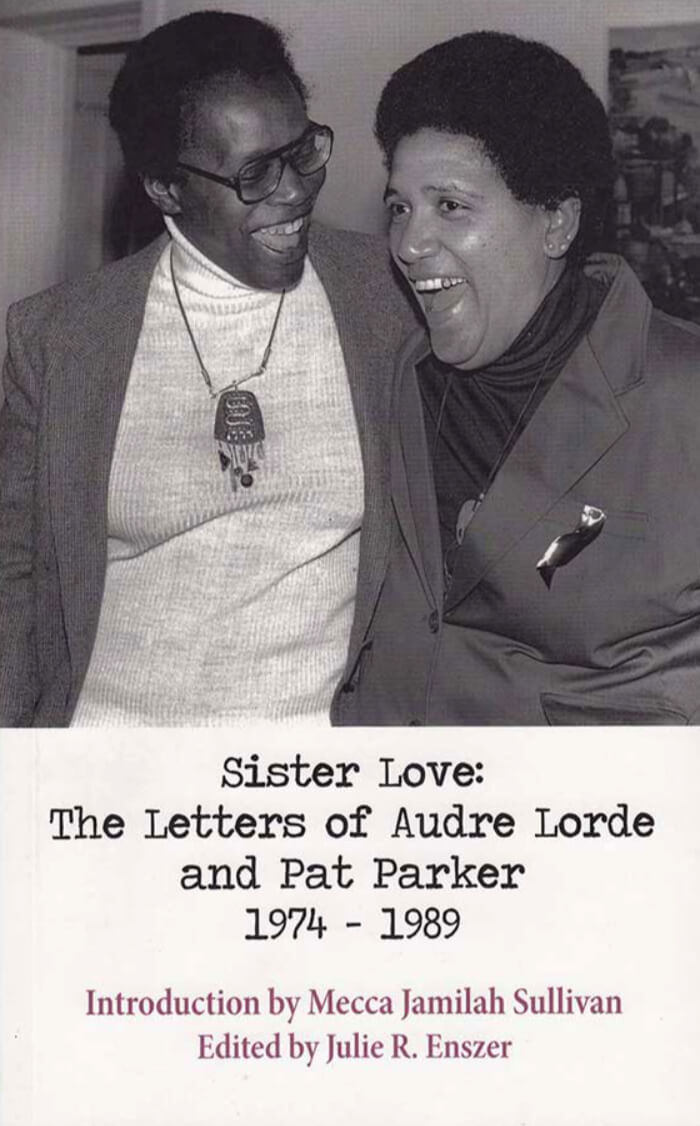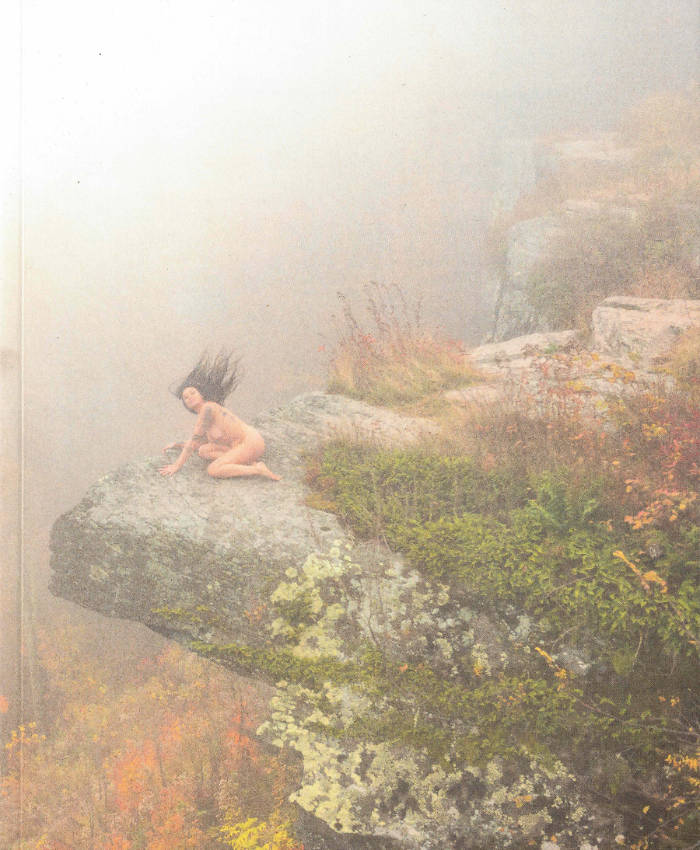
To Be a Jewish Dyke in the 21st Century
What are Jewish lesbians thinking about? Writing about? Making art about now, here in the first two decades of the 21st Century? Do we see ourselves as Jewish dykes? Jewish lesbians? Genderqueer Jews? How are we thinking about our Jewish lesbian communities and families, natal or invented? How have our relationships to the states of Israel and Palestine changed over time? Can we reconcile the contradictions between our faiths and our politics? Our gender and racial identities? How do we envision our futures and reimagine our pasts, especially in these fractious and dangerous times? One thing is certain. Our commitments to making trouble and speaking up are strong.
This issue of Sinister Wisdom: To Be a Jewish Dyke in the 21st Century, which takes its title from that life-giving stanza in Muriel Rukeyser’s epic poem “letter to the Front”, is a gathering of answers, challenges, and opinions directed at these and other questions.
Featuring work by
Yael Mishali
JEB (Joan E. Biren)
Terry Baum
Joan Larkin
Susan Sherman
Clare Kinberg
Irena Klepfisz
Nancy K Bereano
Penny Rosenwasser
Bonnie Morris
Jyl Lynn Felman
Marla Brettschneider
And more!
Language: English







